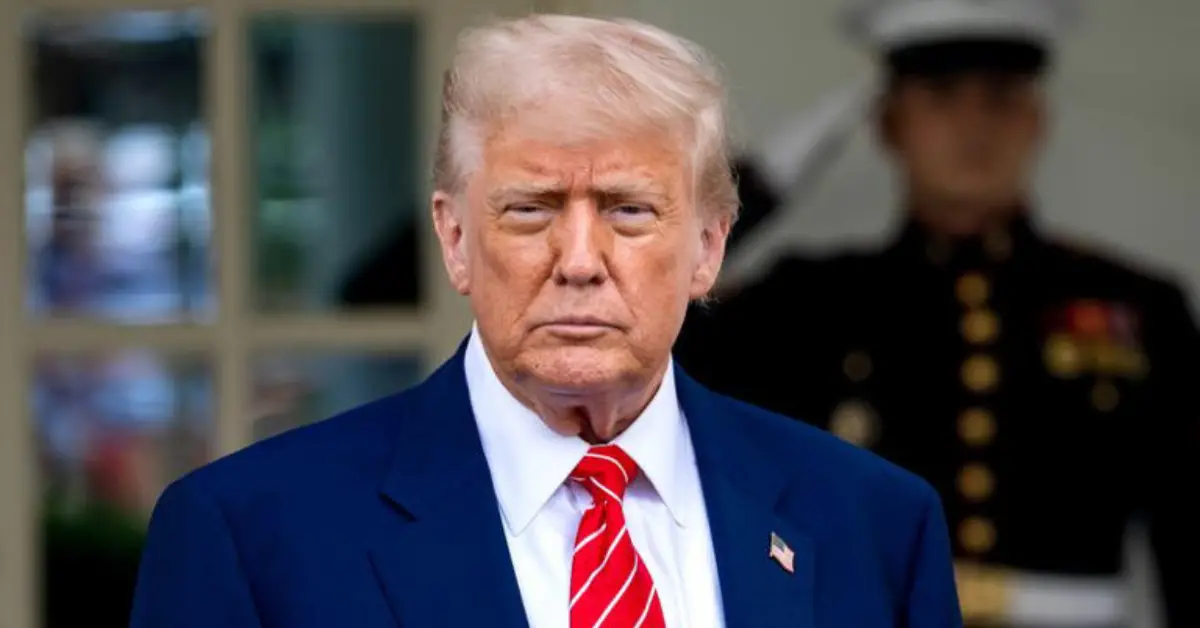U.S. has seen a fierce battle over immigration policy, with differing opinions on how the country should manage its borders and handle foreign nationals seeking asylum or entry. Former President Donald Trump, known for his firm stance on immigration, is once again taking centre stage with a bold new strategy to challenge what he believes are “activist judges” who are undermining his policies.
In this article, we’ll explore Trump’s approach to confronting judicial decisions on immigration, his methods for challenging activist judges, and what it means for the future of U.S. immigration laws.
What Are “Activist Judges” and Why Are They a Problem for Trump?
The term “activist judges” is often used to describe judges who make decisions based on their personal beliefs or political leanings rather than strictly adhering to the letter of the law. Trump and his supporters believe that many judges across the country have taken it upon themselves to strike down or delay significant parts of his immigration agenda, such as border wall funding and the travel ban targeting certain countries.
These decisions, often issued by federal judges, have frustrated Trump, as they have the power to override executive orders and other actions he has taken to control immigration. In response, Trump has vowed to take strong action to challenge these rulings and push back against what he views as judicial overreach.
Trump’s Secret Weapon: Legal and Legislative Strategy
One of Trump’s most powerful tools in his fight against activist judges is his ability to influence the judicial system through legal and legislative channels. During his presidency, Trump successfully appointed a number of conservative judges to federal courts, including the Supreme Court, which has had a lasting impact on the judicial landscape. These appointments are part of his broader strategy to reshape the judiciary in a way that aligns with his vision for immigration policy.
By securing conservative judges who share his views on immigration, Trump believes that the legal system will be more likely to uphold his policies, even if activist judges issue rulings that contradict them. This tactic is especially significant in light of the increasing importance of the federal courts in determining the future of immigration laws.
Challenging Rulings and Legislation
Trump is also using legislative tools to counteract court decisions. He has often pushed for new laws and executive actions that could override or sidestep judicial rulings that block his immigration agenda. For instance, Trump may seek to introduce new immigration reform bills that address issues such as border security, asylum seekers, and the hiring of illegal immigrants.
The goal of these legislative actions is to make the judiciary’s power less relevant in shaping immigration policy. By passing laws that directly address the concerns of judges, Trump could effectively neutralize the impact of court decisions that conflict with his policies. This approach aligns with his broader strategy of ensuring that U.S. immigration law is more reflective of his tough-on-immigration stance.
The Role of the Supreme Court
The Supreme Court has become a central battleground in the fight against activist judges. In several key cases, the Court has been tasked with making final decisions on whether or not Trump’s immigration policies are legal and constitutional. This includes rulings on the legality of the travel ban, the funding for the border wall, and other major immigration measures.

Trump’s strategic appointments to the Supreme Court, including Justices Neil Gorsuch, Brett Kavanaugh, and Amy Coney Barrett, have tilted the balance of power toward conservative legal views. These appointments give Trump a significant advantage when challenging lower court rulings. With a conservative majority in the Supreme Court, Trump is confident that the judicial branch will support his policies and overturn rulings made by activist judges.
Will Trump’s Secret Weapon Work?
The question on many minds is whether Trump’s secret weapon will be enough to overcome the influence of activist judges. While Trump has had success in reshaping the federal judiciary, there is still significant resistance from progressive lawmakers and activist groups who continue to challenge his immigration policies in court.
However, Trump’s strategy of challenging these judicial decisions head-on and pushing for new laws has the potential to shift the balance of power. By using his political influence to secure favorable rulings from the courts and pushing forward with new legislation, Trump aims to create an immigration system that aligns with his vision, even in the face of judicial opposition.
What’s at Stake for America’s Immigration Future?
Trump’s fight against activist judges on immigration has far-reaching implications for the future of U.S. immigration policy. If successful, Trump’s strategy could reshape the legal landscape, giving the executive branch more power to implement and enforce immigration laws without interference from the judiciary. This could lead to stricter immigration measures, including more stringent border security, limitations on asylum claims, and greater restrictions on foreign nationals entering the country.
For supporters of Trump’s immigration agenda, the fight against activist judges is a crucial step toward protecting the nation’s sovereignty and security. On the other hand, critics argue that these policies could lead to human rights violations, particularly against vulnerable populations such as refugees and asylum seekers.
The Path Forward
As the legal and political battle over immigration continues to unfold, Trump’s secret weapon remains a powerful tool in his fight against activist judges. Whether or not he will succeed in pushing his immigration agenda through the courts and the legislature will depend on the outcome of key legal battles, as well as the public’s perception of his policies.
The future of U.S. immigration law is uncertain, but one thing is clear: Trump is determined to challenge activist judges and secure a future for American immigration that aligns with his vision. Whether that vision will come to fruition depends on the ability of both the legal and political systems to navigate the challenges ahead.
In conclusion, Trump’s secret weapon in his battle against activist judges on immigration is a multifaceted approach that combines strategic judicial appointments, legislative action, and bold legal challenges. By harnessing the power of the courts and pushing forward with new laws, Trump aims to reshape immigration policy in a way that will leave a lasting mark on the country’s future.
Disclaimer: This article has been meticulously fact-checked by our team to ensure accuracy and uphold transparency. We strive to deliver trustworthy and dependable content to our readers.




